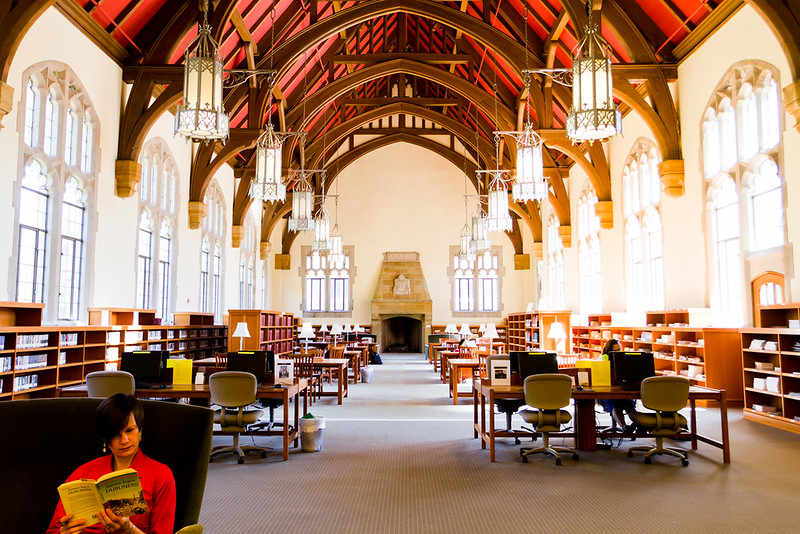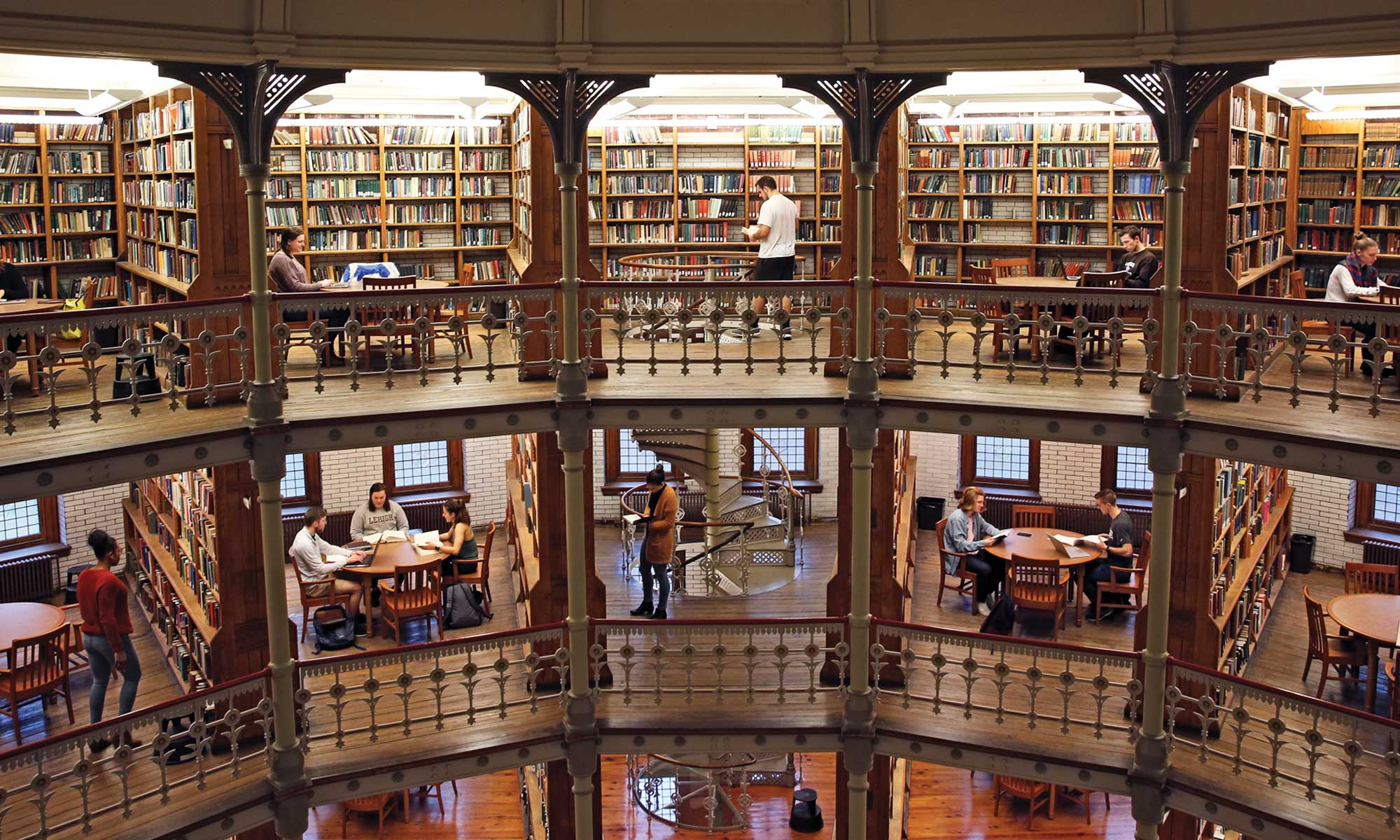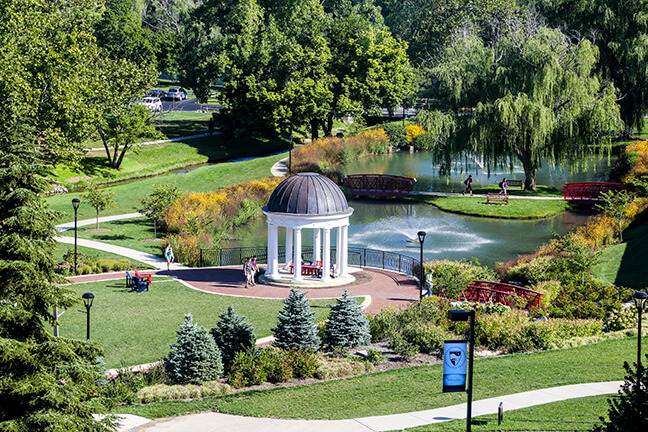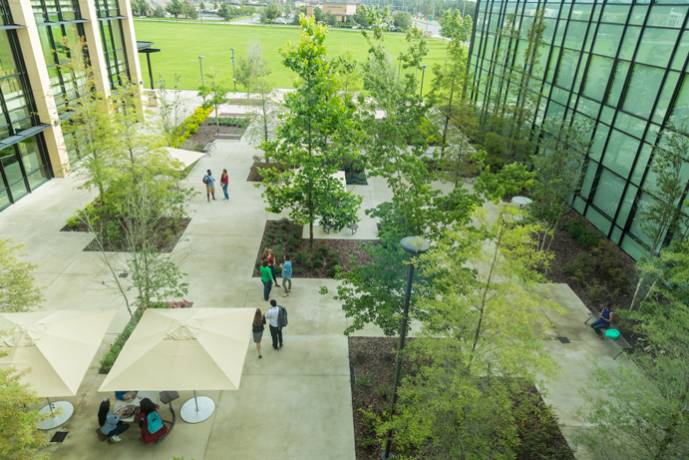Scaling COIL: Stories of Impact from US Virtual Exchange Leadership Institute Alumni
Since 2019, FIU has hosted the COIL Virtual Exchange Leadership Institute, bringing together interdepartmental leadership teams from higher education institutions around the world to start and scale COIL virtual exchange programs. 41 institutions located in 10 countries on 4 continents have participated so far, each developing a customized strategic plan and new COIL network to address their unique campus contexts.
Here are the experiences of seven US Institute alumni. Read about their diverse visions, challenges, and achievement milestones and how the FIU COIL Virtual Exchange Leadership Institute helped catalyze the future of COIL at their institutions.



